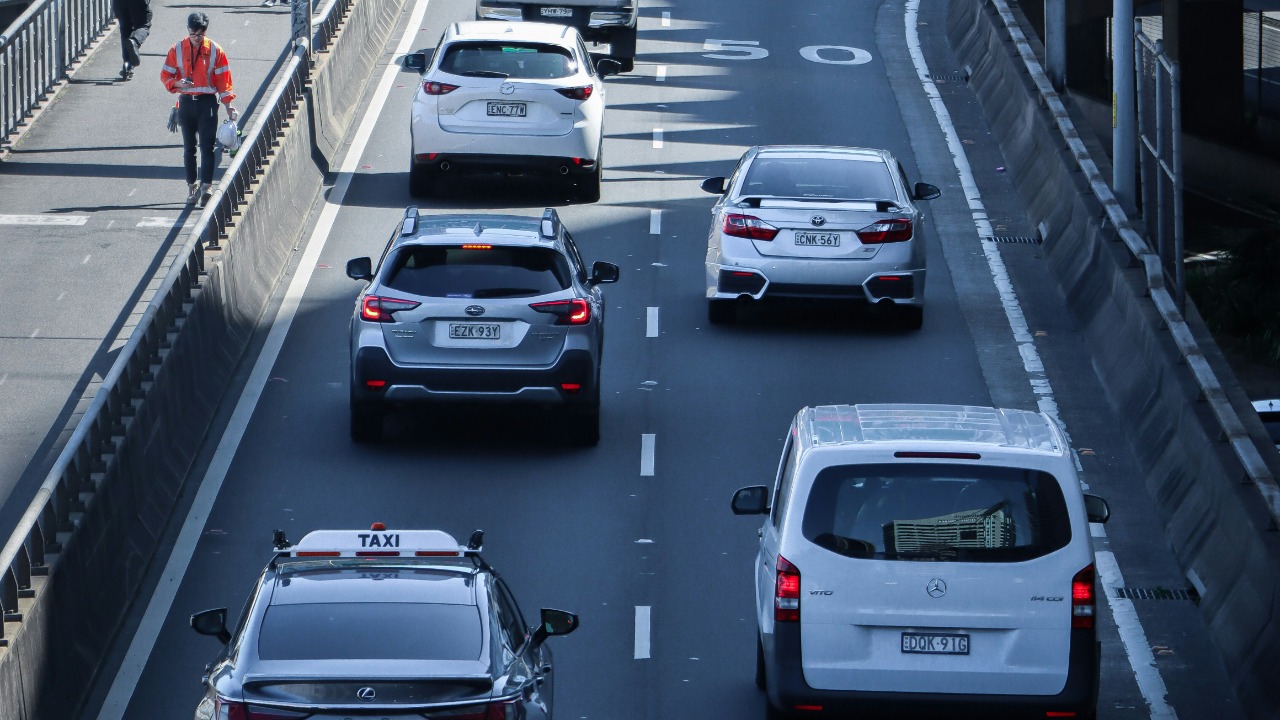
A new bill in Congress is stirring up debate as it proposes to allow the federal government to mandate speed limiters in passenger vehicles nationwide. This legislation, coupled with a California bill introduced by State Sen. Scott Wiener in 2024, and a House bill aimed at blocking a speed limiter mandate for commercial trucks, underscores the ongoing federal and state debates around driver freedom, safety enforcement, and the role of technology in our vehicles.
The Federal Bill Enabling Speed Limiters
The federal bill, targeting new vehicle models starting in 2025, could give the government the power to add speed limiters to cars. The core provisions of the bill focus on integrating speed limiters with existing vehicle telematics and imposing potential fines for non-compliance. The bill’s sponsor and key supporters in Congress believe that this measure could significantly improve road safety by controlling the maximum speed of vehicles on the road. Primary reporting on this legislation provides a comprehensive overview of the bill’s provisions and its potential implications.
State-Level Push for Speed-Limiting Tech
On the state level, California State Sen. Scott Wiener introduced a bill in February 2024 mandating speed-limiting technology in new cars sold within the state. Wiener’s bill aims to reduce traffic fatalities through automatic speed enforcement. In a Q&A session, Wiener explained that the bill would require new cars to come equipped with technology that prevents them from exceeding posted speed limits, a move he believes could significantly reduce the number of speed-related accidents.
Opposition Through House Legislation
However, not everyone is in favor of these speed-limiting measures. A House bill introduced on April 10, 2025, seeks to prevent a speed limiter mandate, arguing against federal overreach on vehicle modifications. The bill also aims to stop the Federal Motor Carrier Safety Administration (FMCSA) from enforcing speed limiters on commercial vehicles. Critics of speed limiters argue that they could negatively impact highway safety and trucking efficiency. Coverage of this preventive measure and its reintroduction provides a detailed look at the arguments against speed limiters.
Related Bills on Speed Warning Systems
Another related bill, introduced on October 16, 2024, requires speed warning systems in new cars. Unlike full limiters, these systems would alert drivers via audio or visual cues when they are exceeding speed limits, without fully restricting their speed. This bill, which applies to all new vehicles sold in the U.S., could be seen as a potential precursor to full limiters. Reporting on the warning tech mandate provides more information on this proposed legislation.
Implications for Drivers and Industry
The potential impact of these federal and state bills on everyday drivers and the automotive industry is significant. For drivers, there could be potential retrofits for older cars and privacy concerns arising from connected tech. The industry, particularly automakers and trucking groups, has expressed opposition to these mandates due to the estimated costs, which could run into the billions. However, proponents of the bills cite safety benefits, such as the potential to reduce speed-related crashes by up to 30% based on preliminary studies.
Technological and Enforcement Challenges
Implementing speed-limiting technology nationwide presents several challenges. The types of speed-limiting tech proposed include GPS-based systems and engine governors, some of which are already in use for fleets. However, enforcement could be complicated by varying state speed limits and the need for national standards under FMCSA guidelines. There are also potential legal challenges to the bills, focusing on constitutional issues around government control of private property. As these debates continue, the future of speed limiters in the U.S. remains uncertain.
More from MorningOverview